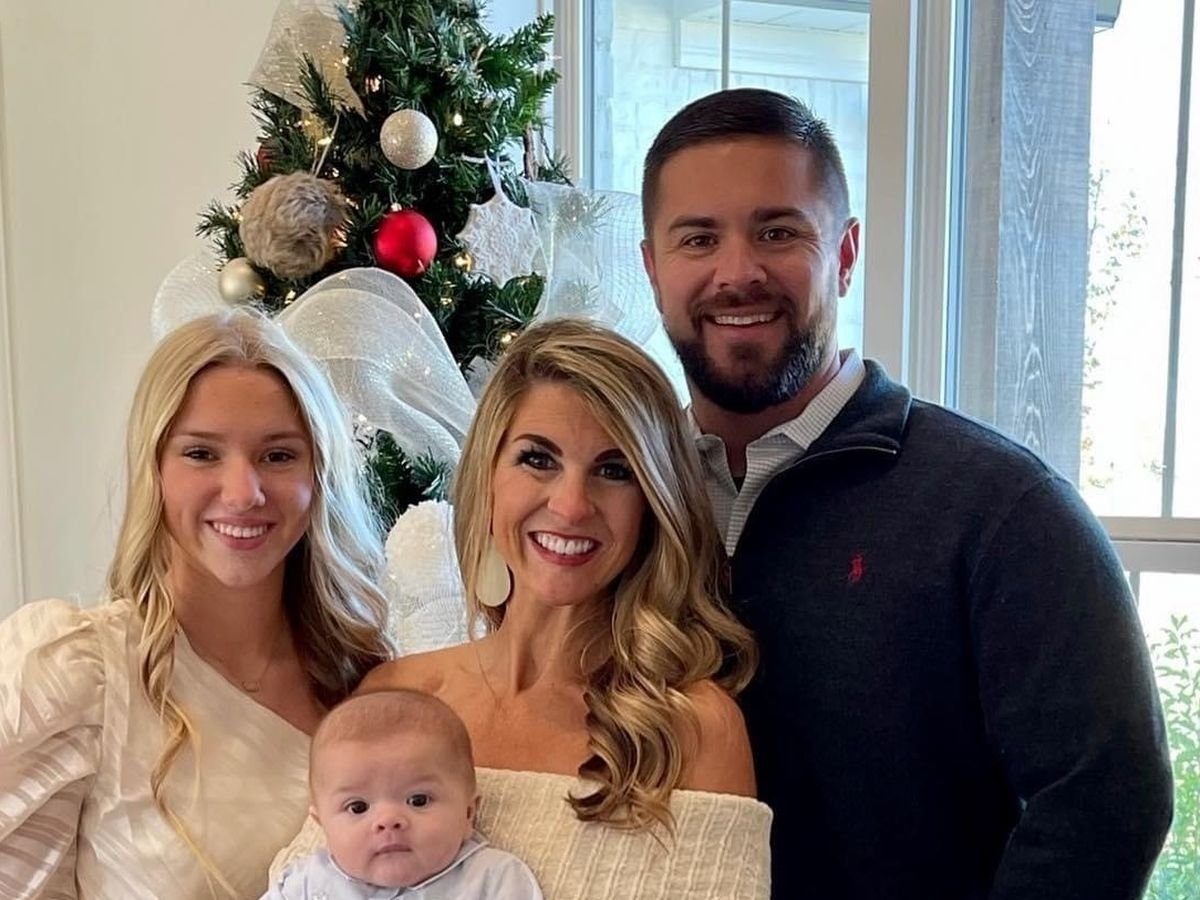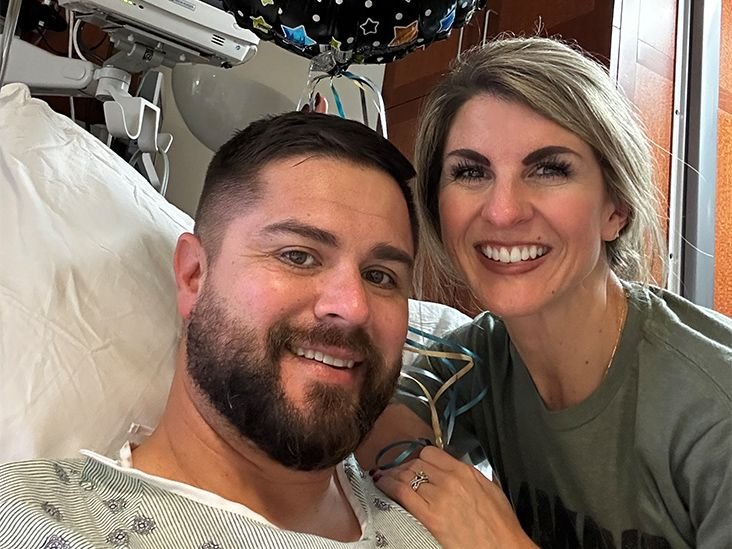At 38, William Lindley was living his best life as a father of three and a passionate law enforcement officer.
But, his life took a dramatic turn when he began experiencing persistent stomach pain and frequent trips to the bathroom during his shifts.
Initially, Lindley brushed off his symptoms as possibly irritable bowel syndrome or diverticulitis.
However, by January 2022, his condition worsened, and he felt an intense urge to use the restroom, which started to interfere with his job.

“I really started feeling like I had to go the restroom a lot,” Lindley recalls. “I’d be at work and I would have to come off the road three or four times a night. … I was like, man, something’s not right.”
Lindley’s childhood friend, a gastroenterologist, took his symptoms seriously and scheduled a colonoscopy. Unfortunately, the test revealed that Lindley’s symptoms were a result of colorectal cancer.
The diagnosis came as a shock to Lindley, who stays active and has no known genetic risks for colorectal cancer.
The Road to Recovery
After the diagnosis, Lindley underwent multiple surgeries, including the removal of a foot of his colon, and chemotherapy. The healing process was challenging, and he had to learn to live with a temporary ostomy bag.
He later discovered that his cancer had spread to his liver and lungs, requiring additional surgeries and treatments.
Despite the challenges, Lindley remains grateful for the experience, which brought him closer to his family and inspired his daughter to pursue a career in nursing.
The Growing Concern of Colorectal Cancer in Young People
Experts have seen a significant increase in colorectal cancer cases in patients under 50. Younger patients are often diagnosed at more advanced stages of the disease, and they frequently delay seeking medical attention, even when they have noticeable symptoms.
Dr. Christine Parseghian, Lindley’s oncologist, notes that patients under 50 often wait about six months before presenting to a physician, and their symptoms may be dismissed as minor issues. However, early symptoms of colorectal cancer include changes in bowel habits, rectal bleeding, abdominal pain, and unexplained weight loss.
The exact cause of the increasing cases of colorectal cancer in young people is unknown, but lifestyle factors like diet and exercise may play a role. Emerging research is also exploring the possible impact of the gut microbiome.
Lindley’s story serves as a reminder of the importance of seeking medical attention when something feels off. “If you have an issue, go get checked,” he says, adding that a few friends have gotten colonoscopies after seeing what he went through.

